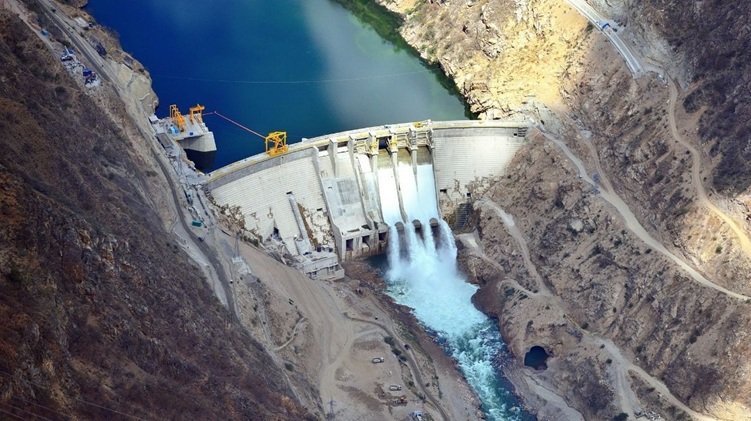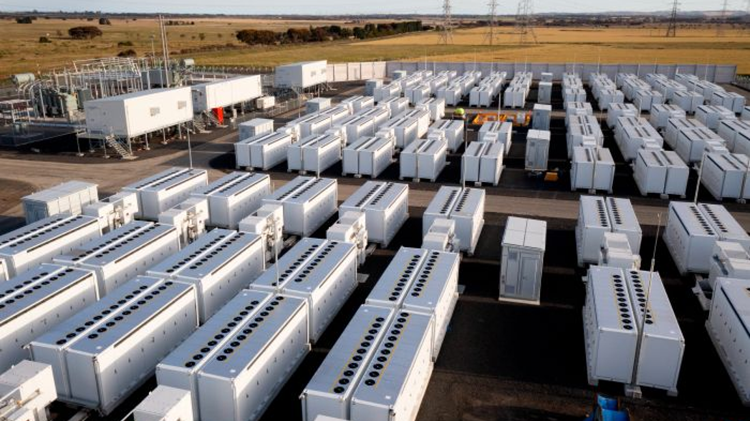Canarias aims to lead Spain’s offshore wind development and is calling for immediate action. This was the message delivered by Alberto Hernández Suárez, Director General for Energy of the Government of the Canary Islands, during his remarks at FES Iberia 2025, a key event that brought together more than 400 professionals from the renewable sector in Madrid.
“Spain is missing an industrial opportunity like no other in this sector,” Hernández warns, referring to delays in the national offshore wind auctions. He emphasizes that the Canary Islands are uniquely positioned to lead: strong wind resources, ready ports, and high private sector interest.
Currently, over 25 projects have already been submitted for a designated zone in southeastern Gran Canaria, which Hernández describes as “the best-studied area in Spain and possibly in Europe”. “We have the best wind resource in all of Europe in that area. I’m convinced it’s reaching around 6,000 equivalent hours of production,” he states.
Comparison with Galicia: Diverging strategies
The Canary Islands’ claim echoes Galicia’s recent calls for a clear national strategy and grid planning in light of the “blackout decree” that will close fossil generation plants without firm renewable replacements.
While Galicia is urging faster planning, Canarias has already negotiated a framework with the Ministry—though implementation is still pending.
“In islands like Fuerteventura and Lanzarote, the proposed acceleration zones were rejected outright due to tourism and environmental concerns. But in the Canaries, we’ve negotiated with the national government to balance tourism, fishing, and social factors,” Hernández explains.
Full decarbonization from a fragile insular grid
The Canary Islands face a major challenge: achieving full decarbonization with just 20% renewable penetration today and 50% of the territory under environmental protection.
“We have a huge challenge to decarbonize with limited land and isolated, fragile power systems,” Hernández outlines.
The archipelago still relies heavily on conventional power plants and combined cycles, with weak and isolated grids. “What’s only now starting to happen on the Spanish mainland, we’ve already been experiencing in the Canaries, even with a much smaller share of renewables,” he warns.
Institutional fragmentation slows deployment
One of the main bottlenecks to accelerating renewable deployment is institutional fragmentation. “We have three layers of government: regional, island councils (cabildos), and municipalities. Each has its own competences and coordination is extremely difficult,” Hernández explains.
Even new conventional generation projects, launched under a long-awaited national tender, face public resistance. “Everyone wants the electricity, but no one wants the infrastructure in their backyard,” he adds.
As part of its approach to democratize the energy transition, the Canary Islands government now requires at least 20% citizen participation in every new renewable energy project—through equity or crowdfunding.
“One agricultural company launched a project under this rule and raised €1 million in a single day,” Hernández highlights. The measure is part of the updated Climate Change and Energy Transition Law introduced by the current administration.
Hernández also stressed the urgency of making the administration match the pace of the energy sector. “There’s strong investor demand and a clear national strategy. We’re all working to simplify regulation. Communities are even copying each other’s reforms to help make investments a reality,” he explains.
“We have a national commitment to the energy transition, and the Canary Islands are ready to go beyond declarations,” Hernández asserts. “Our goal is to make renewable energy not just a technological shift, but a social and territorial one—built with consensus, citizen participation, and long-term planning,” he adds. The official also highlighted that the region’s approach combines grid stability, environmental protection, and industrial development, aiming to turn the islands into a model for insular renewable systems in Europe.



























